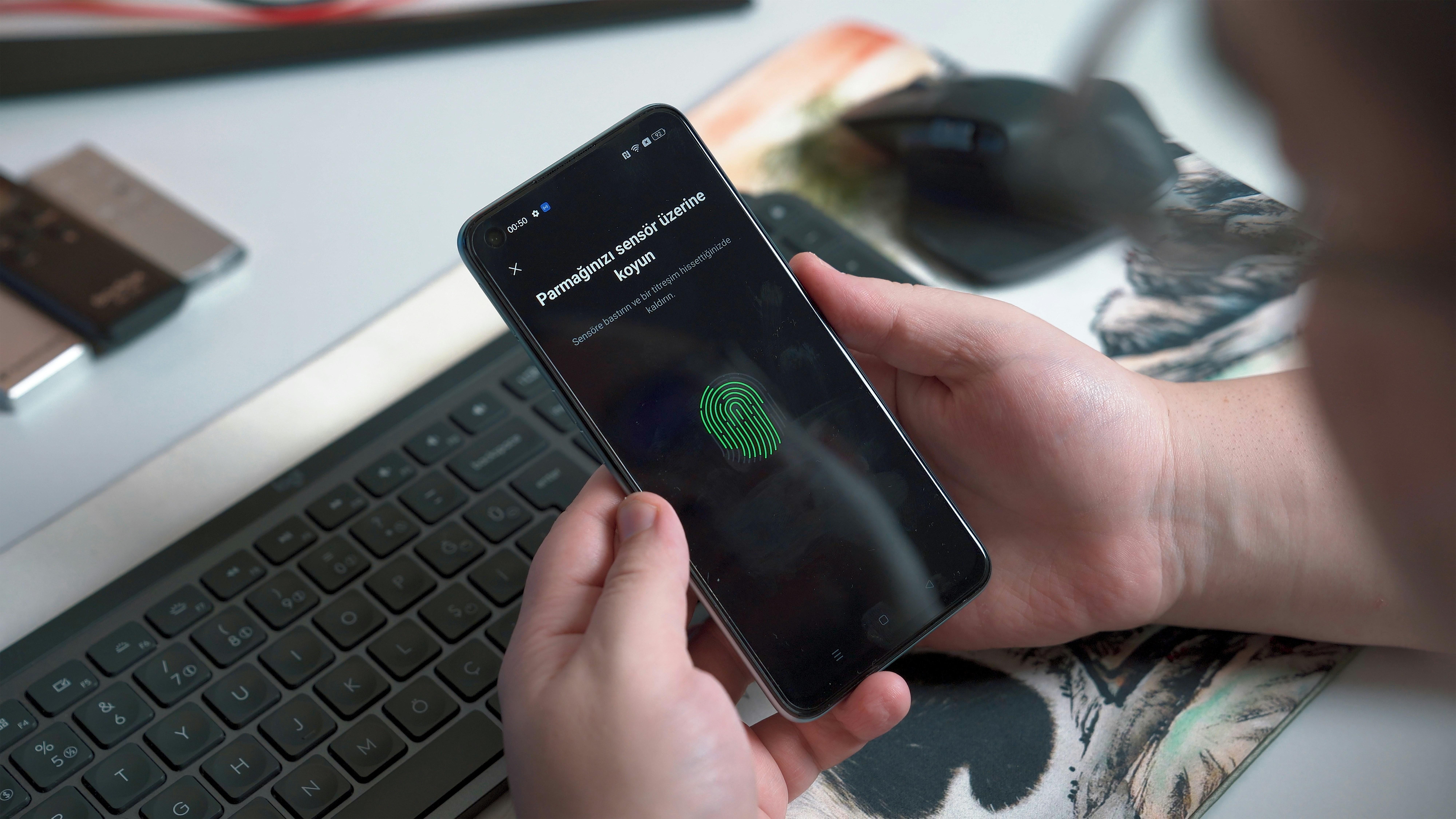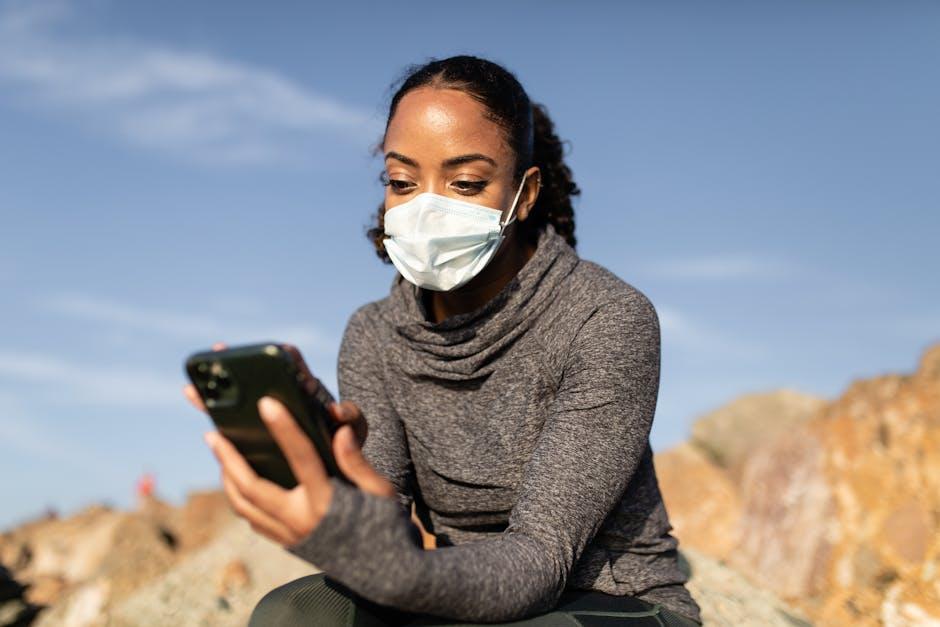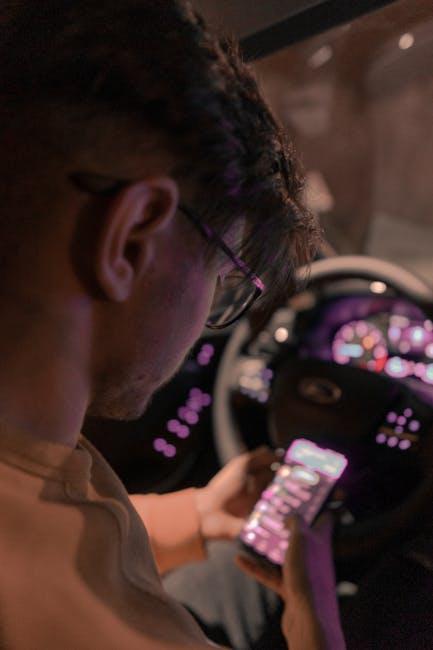In the digital age, where connections are just a swipe away, the quest for love and companionship has been revolutionized by dating apps. Yet, as technology brings people together, it also raises concerns about personal safety. Enter safety apps—tools designed to offer peace of mind during potentially precarious encounters. But do these digital guardians truly stand up to their promise? In this exploration, we delve into the world of safety apps, examining their effectiveness in preventing dangerous situations on dates and uncovering whether they are a genuine shield or merely a digital placebo.
Exploring the Role of Technology in Modern Dating Safety
In the realm of modern dating, technology has become a crucial ally in enhancing personal safety. Safety apps offer a range of features designed to provide peace of mind and immediate assistance. From real-time location sharing to emergency contact alerts, these tools aim to prevent potentially dangerous situations before they escalate. While the effectiveness of these apps can vary, their widespread adoption indicates a growing reliance on digital solutions for personal security.
- Location Sharing: Allows users to share their whereabouts with trusted friends or family.
- Emergency Alerts: Sends quick notifications to pre-selected contacts if the user feels threatened.
- Background Checks: Offers insights into a date’s history, potentially uncovering red flags.
- Fake Call Features: Provides an easy exit strategy by simulating an incoming call.
Despite these advancements, the effectiveness of safety apps hinges on user engagement and the timely use of available features. While they are not foolproof, their role in fostering a safer dating environment is undeniable, encouraging users to stay vigilant and proactive.

Analyzing the Effectiveness of Popular Safety Apps
In today’s digital age, numerous safety apps have emerged, claiming to offer protection and peace of mind during dates. These apps often include features like real-time location sharing, emergency alerts, and panic buttons. While the intention is noble, the question remains: how effective are they in genuinely preventing dangerous situations?
Many users appreciate the sense of security these apps provide, especially with functionalities such as:
- Location Sharing: Allowing friends or family to track your whereabouts can be reassuring, though it relies on both parties being vigilant.
- Emergency Contacts: Quick access to alert loved ones can be crucial, yet the response time can vary significantly.
- Safety Check-ins: Scheduled alerts prompting you to confirm your safety can act as reminders to stay cautious.
However, the effectiveness of these apps largely depends on user engagement and situational context. Proactive awareness and communication often remain key in ensuring safety, underscoring the apps’ role as supplementary rather than standalone solutions.

Real-World Scenarios: Do Safety Apps Make a Difference?
- Location Sharing: Many safety apps allow users to share their real-time location with trusted contacts. In scenarios where a date takes an unexpected turn, this feature can be crucial. Knowing that someone is aware of your whereabouts can provide peace of mind and act as a deterrent to potential threats.
- Emergency Alerts: A quick tap can send an SOS alert to pre-selected contacts. This functionality has proven invaluable in situations where immediate help is needed but verbal communication isn’t possible. Users have reported feeling more secure knowing help is just a button away.
- Background Checks: Some apps offer features to verify the identity of a date, using public records and social media profiles. This can prevent dangerous situations by providing insights into any potential red flags before meeting someone new.
While these tools offer significant advantages, it’s essential to recognize their limitations. They are not foolproof and should be used as part of a broader personal safety strategy. However, real-world feedback suggests they can make a substantial difference in enhancing safety and providing reassurance during social interactions.

Expert Recommendations for Enhancing Personal Safety on Dates
While safety apps can offer a layer of reassurance, integrating expert strategies can significantly enhance personal safety during dates. Here are some key recommendations from experts:
- Trust Your Instincts: Your gut feeling is often your best guide. If something feels off, prioritize your comfort and safety.
- Choose Public Venues: Opt for well-populated and familiar locations for initial meetings to minimize risk.
- Share Your Plans: Inform a friend or family member about your whereabouts, and consider setting a check-in time.
- Set Boundaries: Clearly communicate your comfort levels and boundaries to avoid misunderstandings.
- Prepare an Exit Strategy: Have a plan in place to leave if you feel uncomfortable, such as arranging your own transportation.
By combining these expert recommendations with the use of safety apps, individuals can better navigate the complexities of dating with confidence and caution.



